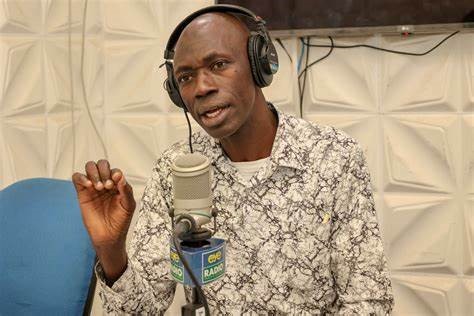
As the African Union (AU) Commission Chairperson and the IGAD Executive Secretary are in Juba on a peace mission, a civil society leader is calling for genuine and inclusive dialogue to resolve South Sudan’s political conflict.
The delegation’s visit comes at a crucial time as tensions persist despite previous visits by special the Special Envoys and IGAD Penal of the Wise in a bid to resolve the tension.
Civil society activist stresses that this diplomatic effort must go beyond symbolic discussions and result in concrete actions that promote peace and political reconciliation.
“We hope that our government will cooperate with AU and IGAD effectively,” said Edmund Yakani, a prominent civil society advocate.
One of the key concerns raised by activists is whether the AU and IGAD delegation will be granted access to detained opposition leader Dr. Riek Machar, as past visits by the special envoys and dignitaries were reportedly denied the opportunity to meet key political figures involved in peace negotiations.
“The lesson that we have learned from the previous special envoys and other dignitaries to the country should not happen to the AU Commission Chairperson and IGAD Executive Secretary,” Yakani warned.
The repeated calls by the civil society organizations on both regional and South Sudanese leaders have been to ensure that the visit is “not merely procedural” but actively contributes to the peace process.
Many South Sudanese are now believing that “resuming inclusive dialogue” with all political actors, especially opposition figures, is fundamental to achieving lasting stability.
“The visit of the AU and IGAD should be fruitful and contribute to the de-escalation of violence, and the resumption of dialogue for the genuine and timely implementation of the remaining tasks,” Yakani emphasized.
While the AU and IGAD delegation has yet to release official statements following its meetings in Juba, civil society voices remain firm in their demands for transparency, inclusivity, and a renewed commitment to lasting peace.
As South Sudan navigates yet another critical moment in its political landscape, the question remains – will leaders finally listen to the voices urging genuine dialogue.

